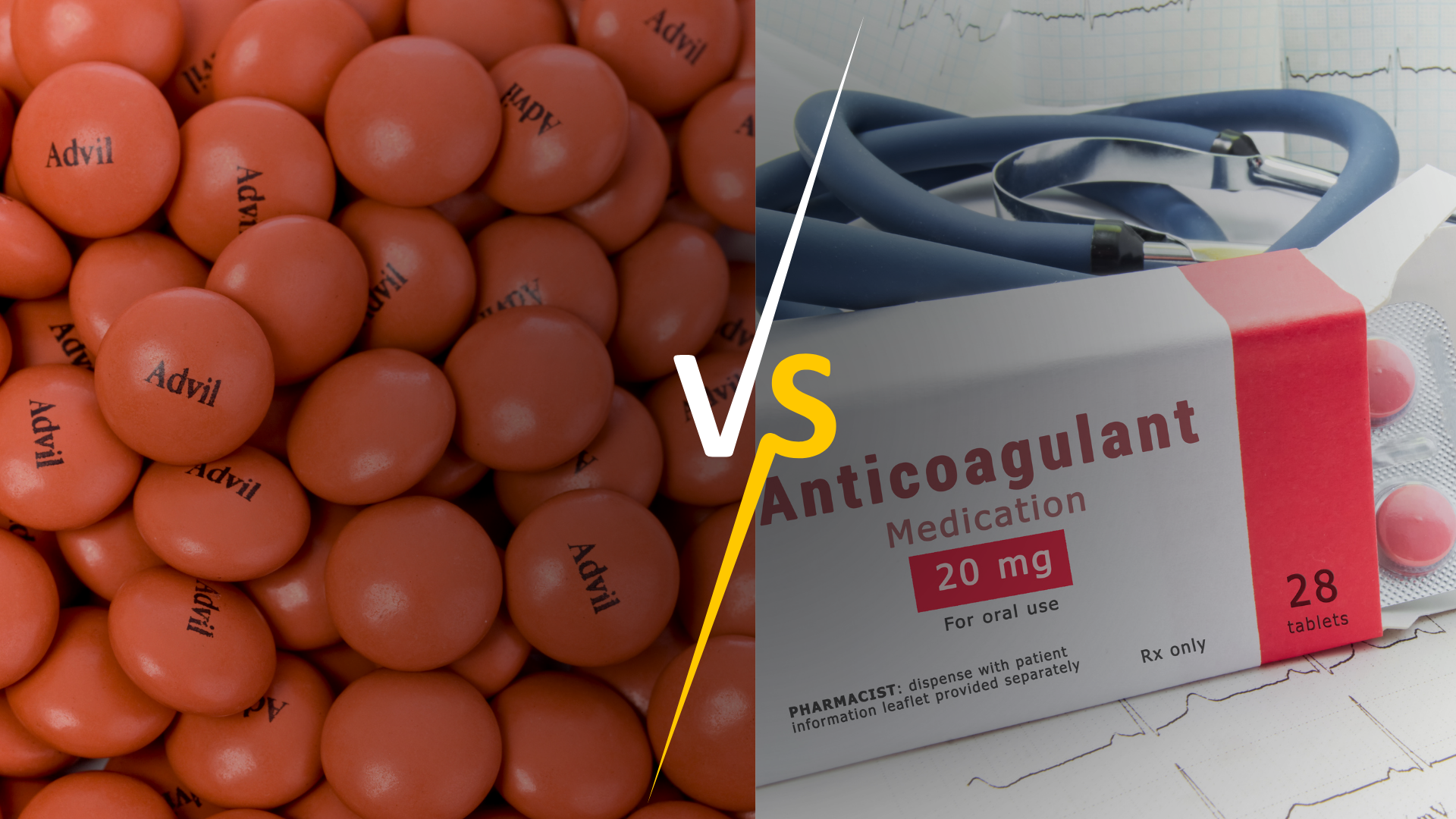
Why are we talking about this?
Recently, through the auditing process, we have identified an increase in the variances related to the administration of NSAIDs for analgesia in patients who are currently on anticoagulant medications.
Non-Steroidal Anti-Inflammatory Drugs
Non-Steroidal Anti-Inflammatory Drugs (NSAIDs)
- A classification of drugs used mostly as analgesic (pain reducer via anti-inflammatory mechanism). They also have antipyretic (fever reducing) and antithrombotic effects (reduces the formation of blood clots).
NSAIDs carried by SWORBHP Paramedics:
- Ibuprofen (Advil, Motrin)
- Ketorolac (Toradol)
- Acetylsalicylic Acid (ASA)
Anticoagulant Medications
Anticoagulant Drugs
- Used to decrease the blood’s ability to clot. They act at various stages of the clotting cascade to break down existing clots or prevent further clots from forming.
Common Anticoagulants Include:
- Apixaban (Eliquis)
- Dabigatran (Pradaxa)
- Warfarin (Coumadin)
- Rivaroxaban (Xarelto)
- Edoxaban (Lixiana)
- Fragmin (Dalteparin)
- Levenox (Enoxparin)
Analgesia: Should I be giving NSAIDS?
- Patients on anticoagulation therapy who are given NSAIDs have been shown to have a higher risk of bleeding, most commonly in the GI tract.
- Remember that patients who are anticoagulated are contraindicated from receiving both Ibuprofen or Ketorolac as per the Medical Directive.
Suspected Cardiac Ischemia: What about ASA?
However… Not all NSAIDs are created equally.
Although ASA is classified as an NSAID, its purpose in the Suspected Cardiac Ischemia Medical Directive is to stop the platelets from sticking together and encourage blood flow to the heart.
Therefore, anticoagulation therapy is NOT contraindicated for ASA administration.
#SWORBHPTips Gallery













